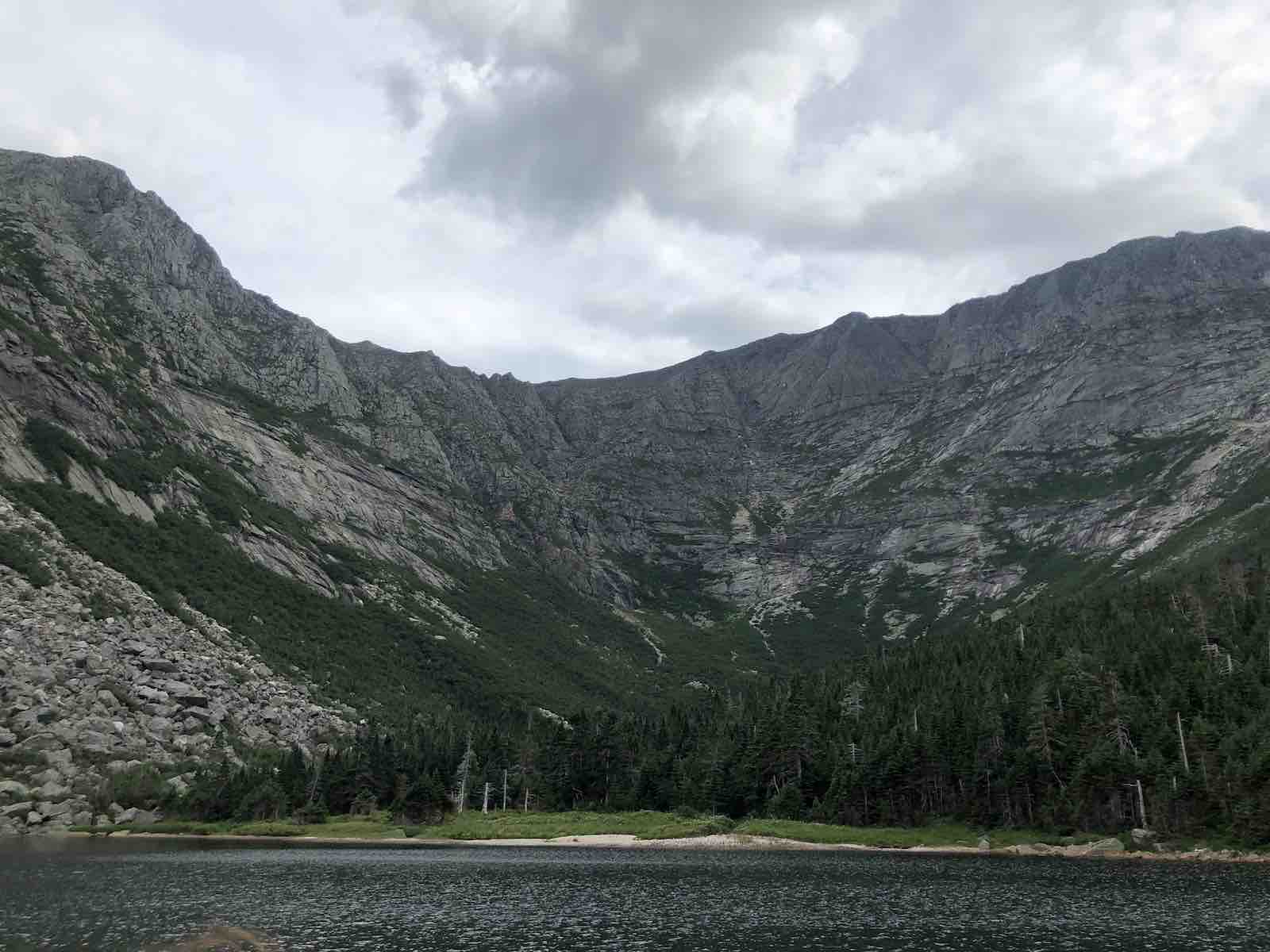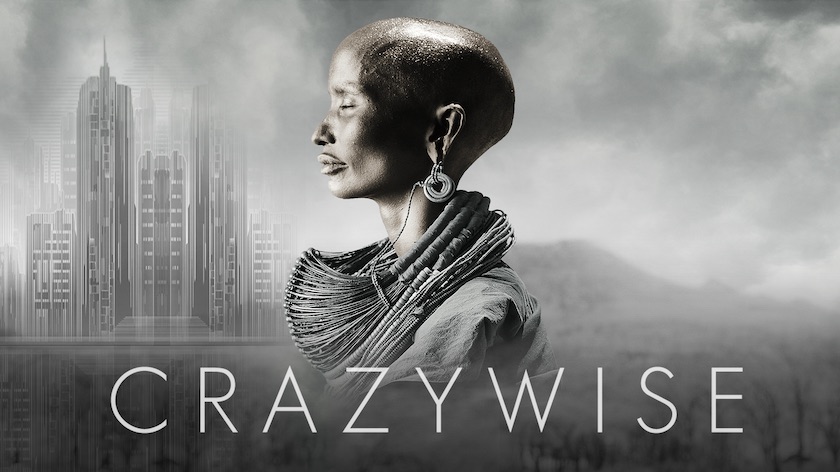After two undergraduate and now one graduate human development course this summer, I have come to believe there is a missing stage of identity development in the field as taught in standard university courses. This is an individual’s conscious sense of self-identity expanding to include everything in the universe. It is often called Self Realization as opposed to the term Self-actualization that was popularized by Maslow with his hierarchy of needs.
On the heels of Darwin there was a popularization of the idea that consciousness was something that developed after a certain point of evolution of individual biological beings with developed brains and neurons, as a neural process or product. Based on this, the mental health field takes experiences labeled psychosis to be meaningless brain or neural processing errors.
A more simple way to look at consciousness that allows the information from different disciplines including physics and phenomena such as out of body experiences and psychic phenomenon to be integrated rather than ignored is that consciousness comes first rather than the brain makes consciousness; a one consciousness that exists out of space and time. The basic idea is that there is really only one consciousness shared by everyone and everything.
A human sense of self or identity could be seen as a bubble forming in the oceanic consciousness and rising to and hanging out for a while on the surface temporarily in a physical way, constructed through a limiting socialization process. We are socialized to see ourselves as separate from others and objects and less than we really are. Separate bubbles floating on the surface of the timeless oceanic consciousness rubbing up against each other, sometimes joining each other to become a larger bubble and other times popping each other, always maintaining direct contact with the source consciousness.
The more true nature is a feeling or recognition of unity with everything and everyone as if there really was only one being. People with increasing frequency have grown into the identity developmental stage of experiencing themselves as both the entire timeless universe and simultaneously as a localized individual habituated through socialization into thinking of themselves as a limited human.
From a human development focused counseling perspective this angle of view of the primacy of consciousness may help to make some rational sense of religious themed experiences that often get labeled psychosis. If the brains and neurons evolved out of consciousness rather than the common mental health view that consciousness is a product of neurons and psychosis results from broken brains or neuron processes, this could allow some experiences usually labeled psychosis to become signposts of this identity development stage.
It may be quite common for a psychological trauma to trigger the start of the extreme state where the socialized separate sense of self begins to break down, ultimately if not interrupted, allowing the underlying true nature to be experienced. In the process, it can get messy not just with anything from one’s personal history, but anything from any time and place in the one consciousness being potential for experience, or some kind of mixture of them. Once there is a crack in the consensus social programming and some insights to compelling deeper or alternate truths are glimpsed, they often become near impossible to ignore.
Establishing the concept of this expanded sense of self-identity in western cultural, science, and especially mental health friendly terms may help counselors to assist, or clients themselves to navigate through the mess and complete the development process. Now they often get stuck in the current standard of care of attempting to shut down the developing awareness with psychotropic tranquilizers, and systematic attempts through psychoeducation to try to convince them they have a brain disorder that produces false perceptions so they should not trust their thinking. Without modern language clients often present as seeing themselves as God, Buddha, or Jesus Christ. Rather than the psychosis category of delusion as the patient is told their experience consists of, they may actually have begun to discover the more true nature of one consciousness and have only religious language to relate it to.
It may be more likely that these individuals find their way to a mental health practitioner and receive a medical model brain disease diagnosis than a spiritual guide with an established language to guide them in to completion of the developmental process. It is time for that to change by establishing the concept and language in standard mental health professional training, and in our culture to make sense of and bring consensus to identifying oneself as the entire universe.


